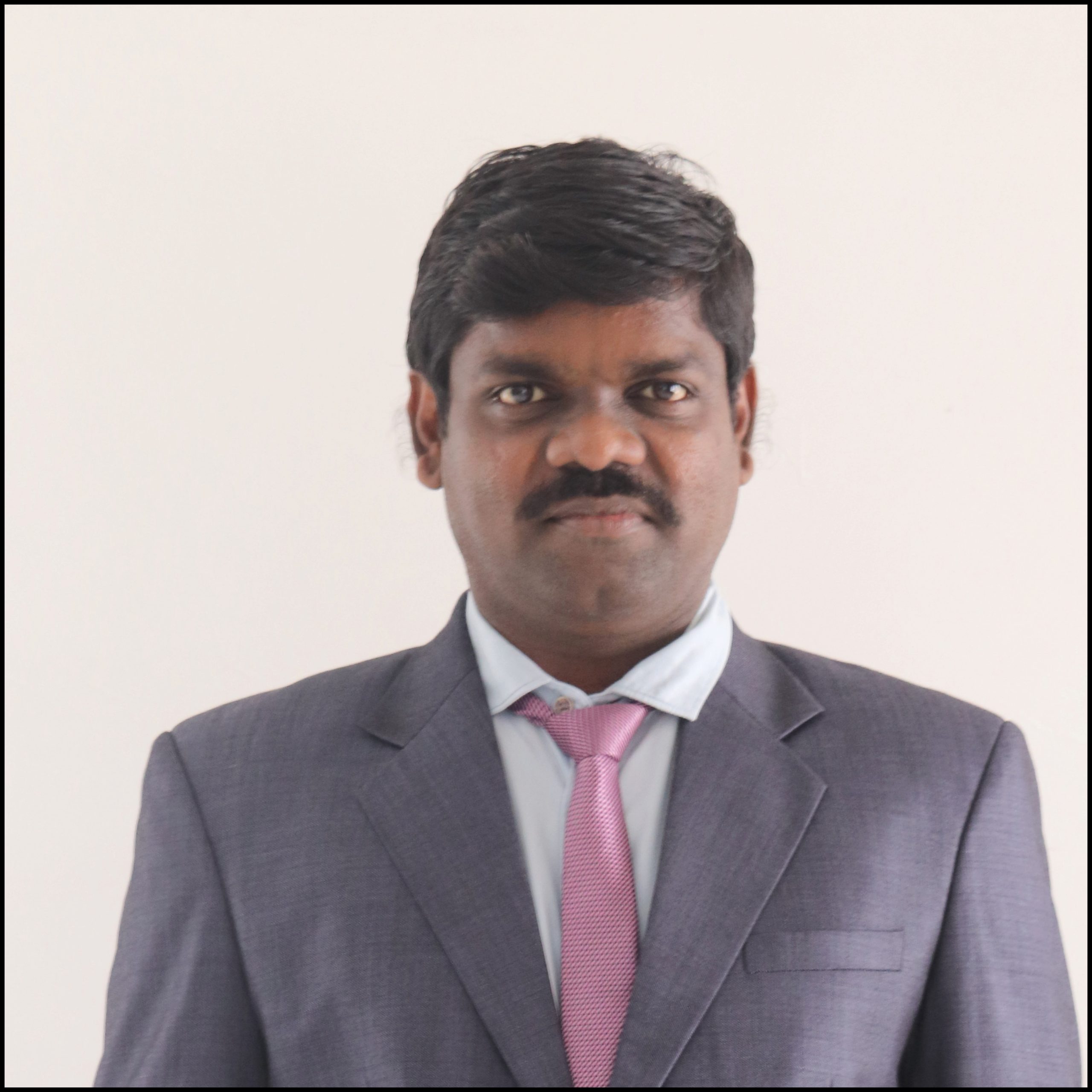Biography
Dr. P. RAMAKRISHNA received his B. Tech degree in Electronics and communications engineering from NIT Warangal, India. M. Tech degree in VLSI System Design JNT University Hyderabad. He had 14 years of teaching and research experience and 2 years of industry experience. He has completed Ph.D at K.L.E.F (Deemed to be University), Guntur, Andhra Pradesh, India. Presently he is an assistant professor Anurag University, Hyderabad, Telangana. He has published 35 International Journals, His research interests include VLSI System Design, Digital Signal Processing, Image processing, Deep Learning and Device modelling.
Research Interests
- Low power VLSI Chip Design
- Device modelling
- AI ML and DL
Teaching Interests
His teaching interests are focussed on Electronic Devices and Circuits, Analog Circuit Analysis, Pulse and Digital circuits, Integrated circuit applications, Signals and systems, Digital signal processing, Digital Image Processing.
Selected Publications
-
- P. Ramakrishna, JVR. Ravindra, B. Srikanth, Design and Implementation of Power-Efficient Cryptography Scheme Using a Novel Multiplication Technique, Springer Wireless personal communications, https://doi.org/10.21203/rs.3.rs-1699401/v1
- P. Ramakrishna1, K. Hari Kishore A low power reconfigurable ADC for bio-impedance monitoring system, Springer International Journal of Speech Technology https://doi.org/10.1007/s10772-021-09813-3.
- P. Ramakrishna1, K. Hari Kishore, and G. Chandana “Implementation of Low Power and Area Efficient 7-Bit Flash Analog to Digital Converter” Journal of Computational and Theoretical Nanoscience Vol. 16, 1–5, 2019.
Selected Awards and Honors
External Profile Links
- Obtained Ph. D in LOW POWER VLSI DESIGN from K.L. University in March 2021.
- Obtained M. Tech in VLSI DESIGN SYSTEMS from CVR COLLEGE OF ENGINEERING, JNT University, Hyderabad during the academic year 2007-2009.
- Completed B. Tech in E.C.E from National Institute of Technology, Warangal during the academic year 2002-2006.
- Completed Diploma in ECE from Col D.S. Raju Polytechnic Poduru, during the academic year 1997-2000.


